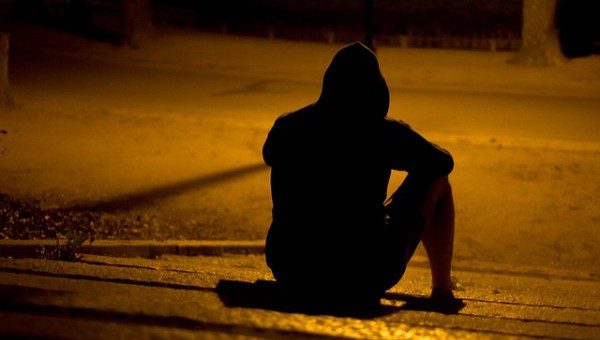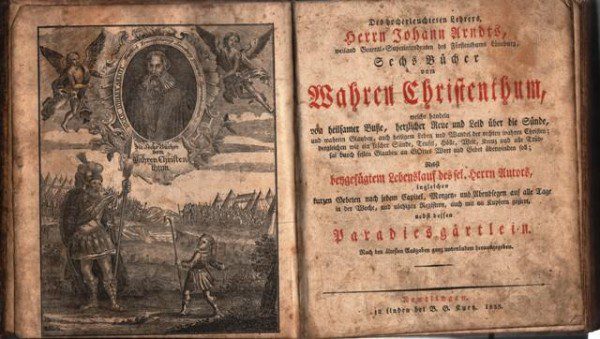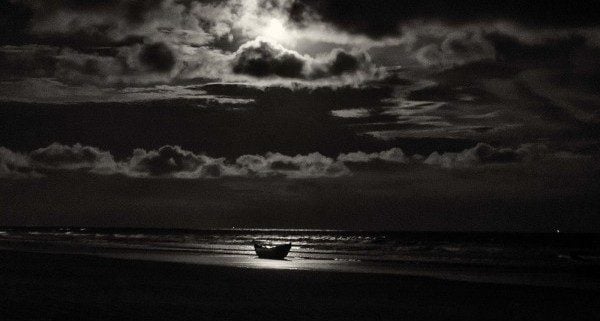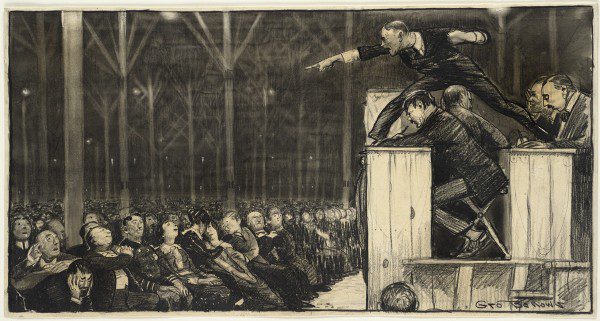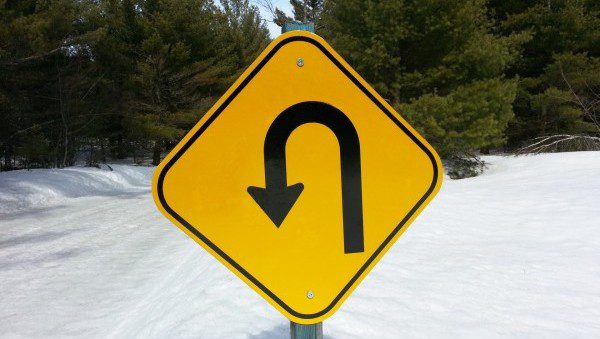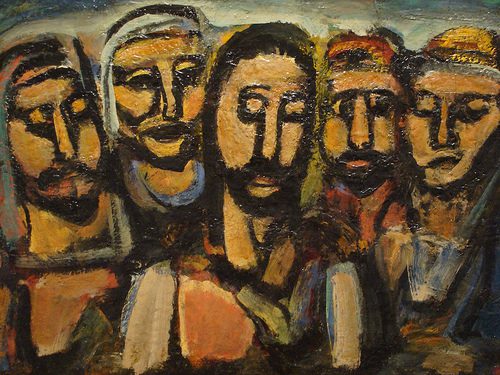For those of you brave souls, crying out in the wilderness, who still want to reclaim white evangelicalism from the “Trumpism” that has now come to largely define it, good luck. Neil J. Young just splashed a lot of cold water on you. In a piece called “Time to Face Facts: White Evangelicalism Has Always Been Right Wing,” he takes on Richard Mouw’s proclamation that, ““Despite Trumpism, I’m not quitting evangelicalism.” Mouw, former president of Fuller Seminary, has been one... Read more

